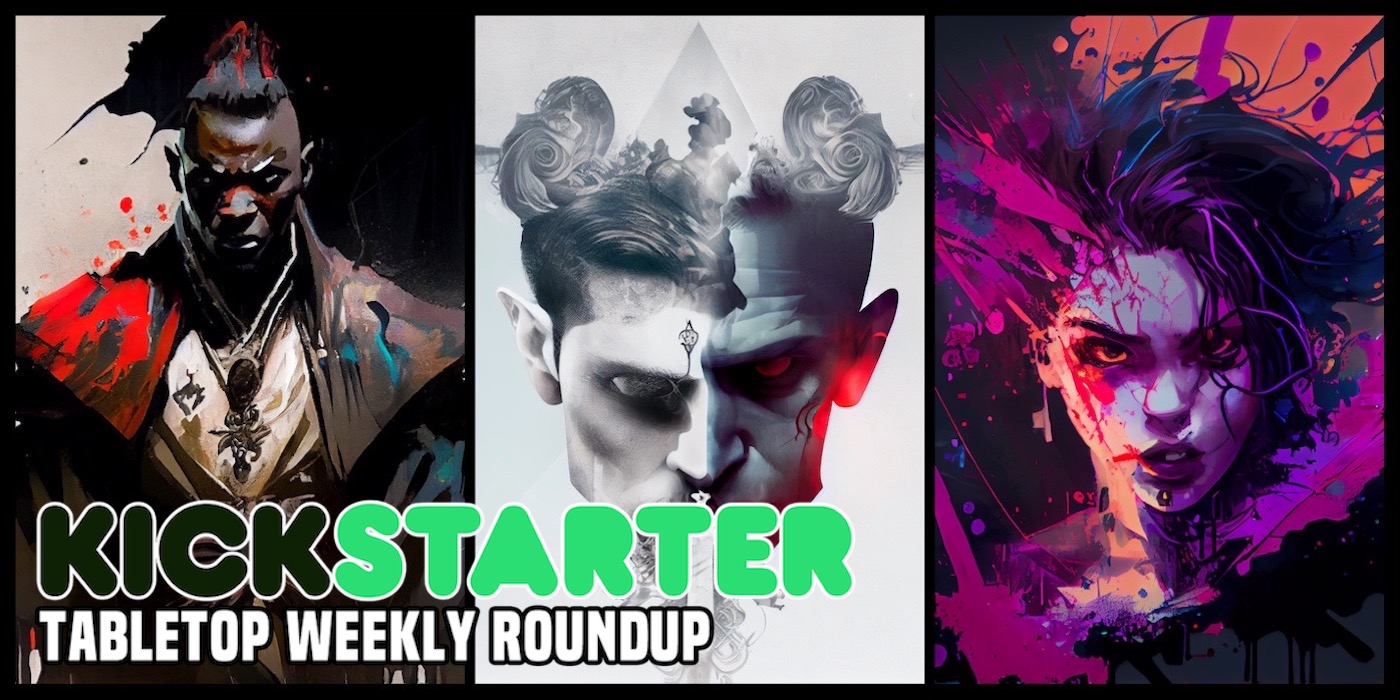‘Judge Dredd’ is a Retro Board Game From a Very Familiar Workshop
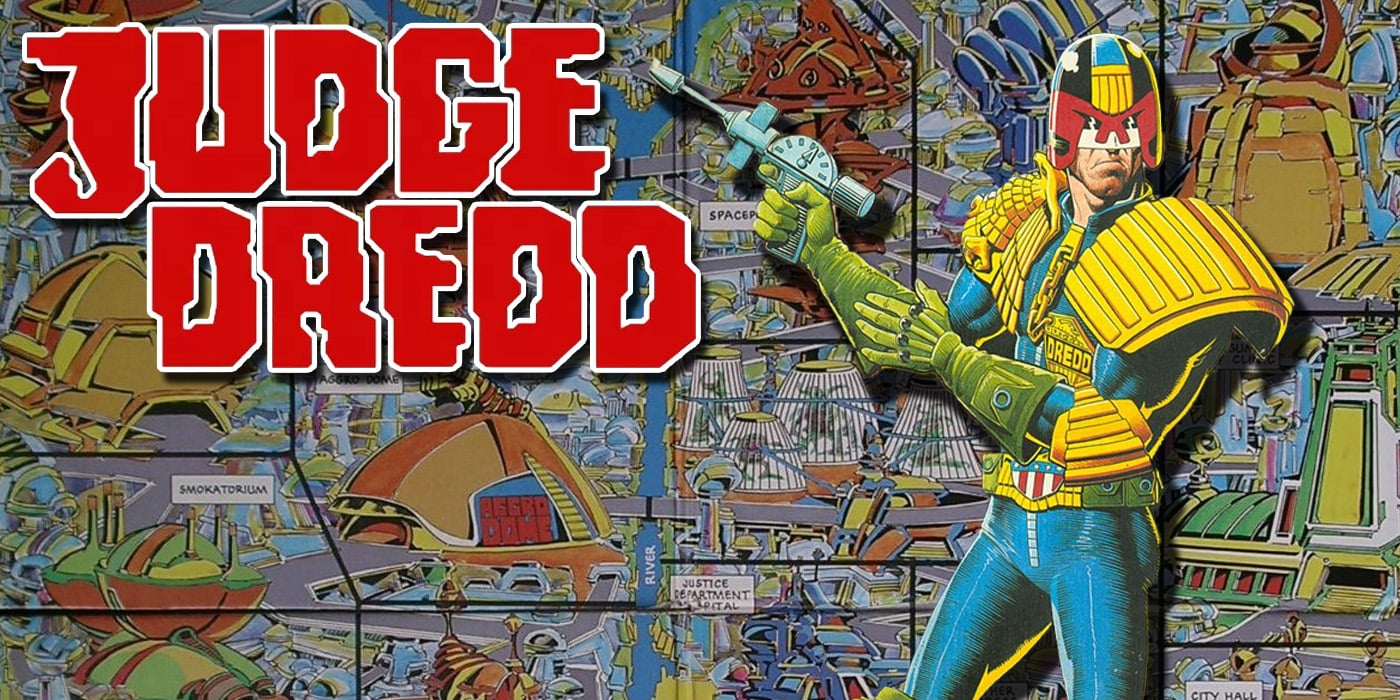

Most companies make a few decent games before they really hit it out of the park. The Judge Dredd board game is definitely one such game.
Judge Dredd. What a guy. He’s had multiple board games, card games, roleplaying games, and the like. Today we’re looking at the 1982 board game simply titled Judge Dredd. The art on the box perfectly summarizes the oddity of the classic comic with a perfectly crafted scowl that only comes from years of practice.
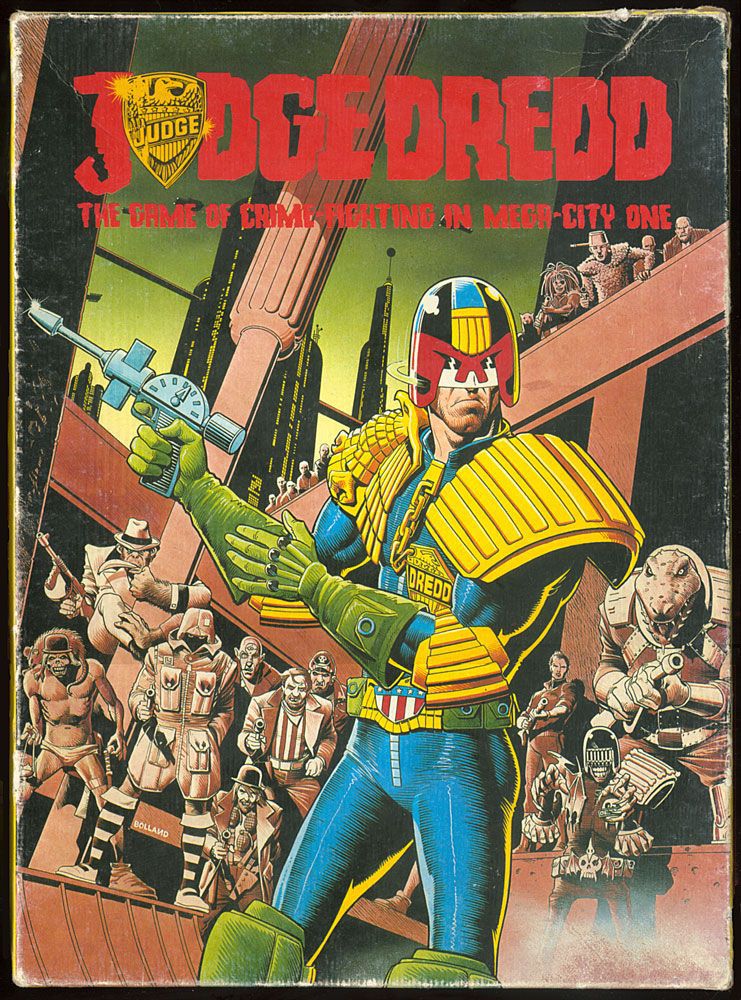
The back of the box is fine as well. Nothing too noteworthy here really. Some highlights, flavor text, game information, and copyright info are down at the bottom.
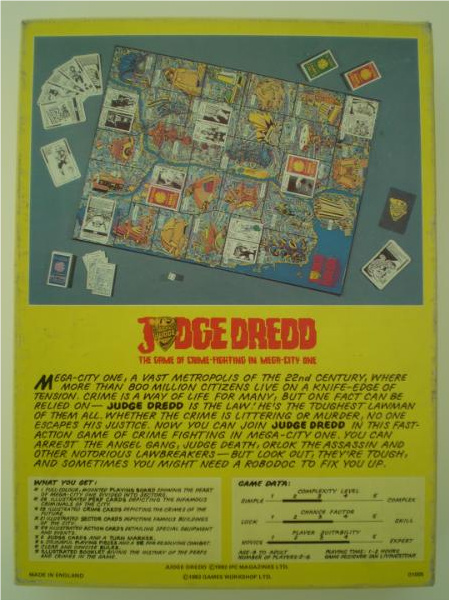
…hmm? What’s that say at the bottom there? It’s kinda hard to read.
“ENHANCE!”
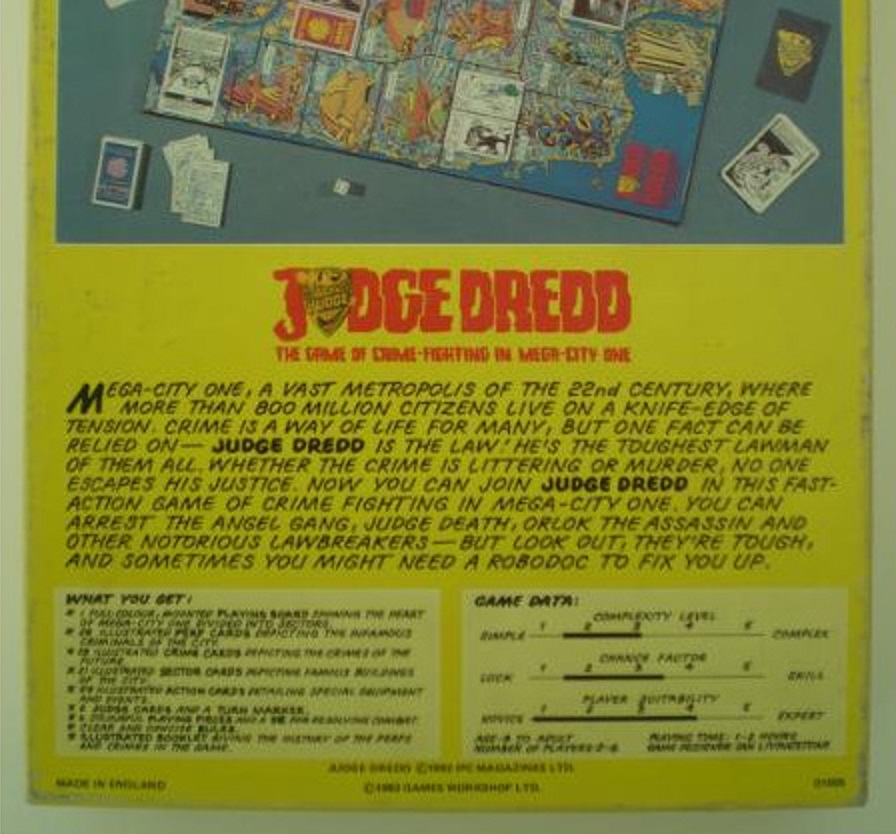
Hmm… Not yet…
“ENHANCE!”
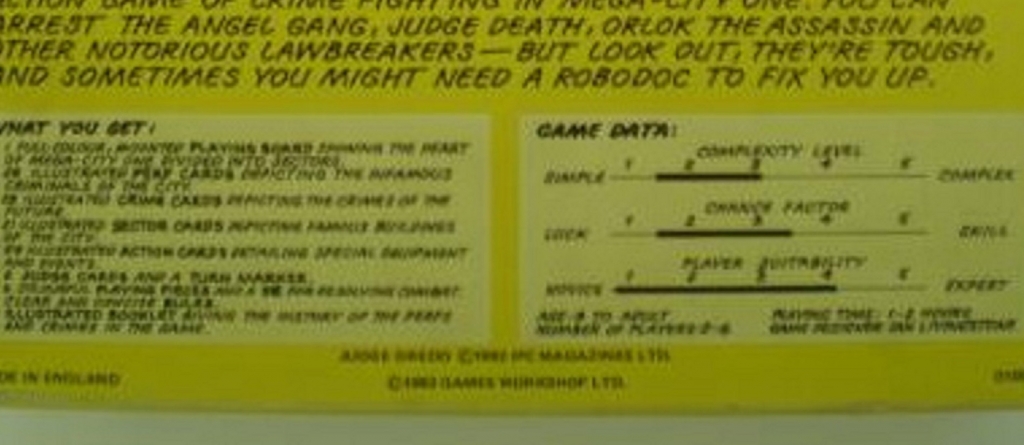
Almost, but not quite.
“CROP FROM A HIGHER QUALITY IMAGE!”

That’s right! The Judge Dredd board game is published by none other than Games Workshop, the company which brought us such great hits as Railway Rivals and Oi! Dat’s My Leg!
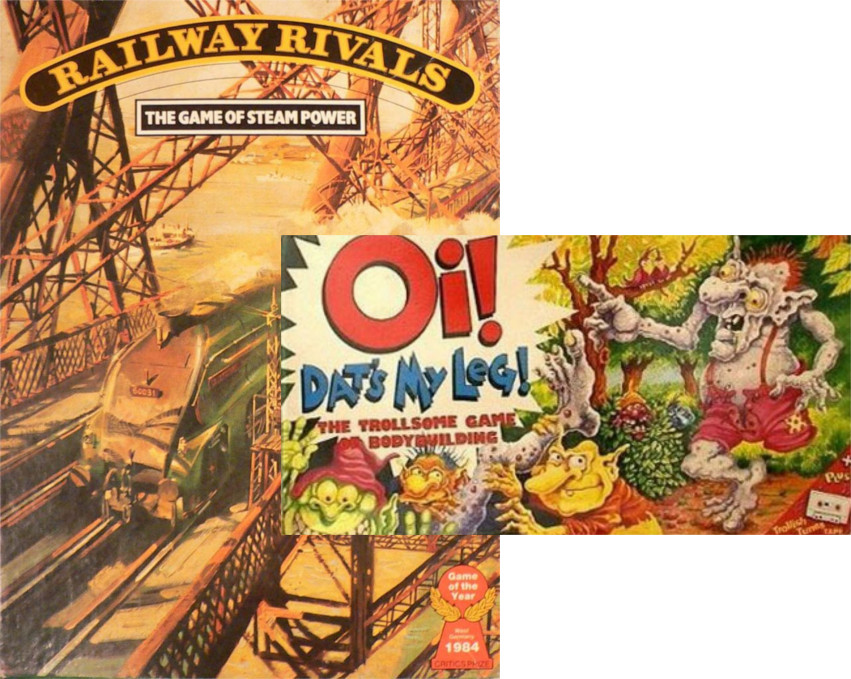
Obviously, these games are classics and are on every Best Tabletop Games ever list. I mean, I don’t have to tell you that Railway Rivals won Game of the Year in 1984. That’s basic stuff.
Okay, now that we’ve all either had a good collective chuckle, or a bitter and condescending “Ugh, true fans already know about Games Workshop’s early work.” Let’s move on to how the game plays.
How to Play Judge Dredd Board Game
The game plays on a pretty large board. There have been multiple printings either with two separate pieces or with pieces that jigsaw together. Either way, the board is an overhead view of Mega-City One with a number of various sectors each with a prominent location within granting the sector’s namesake.
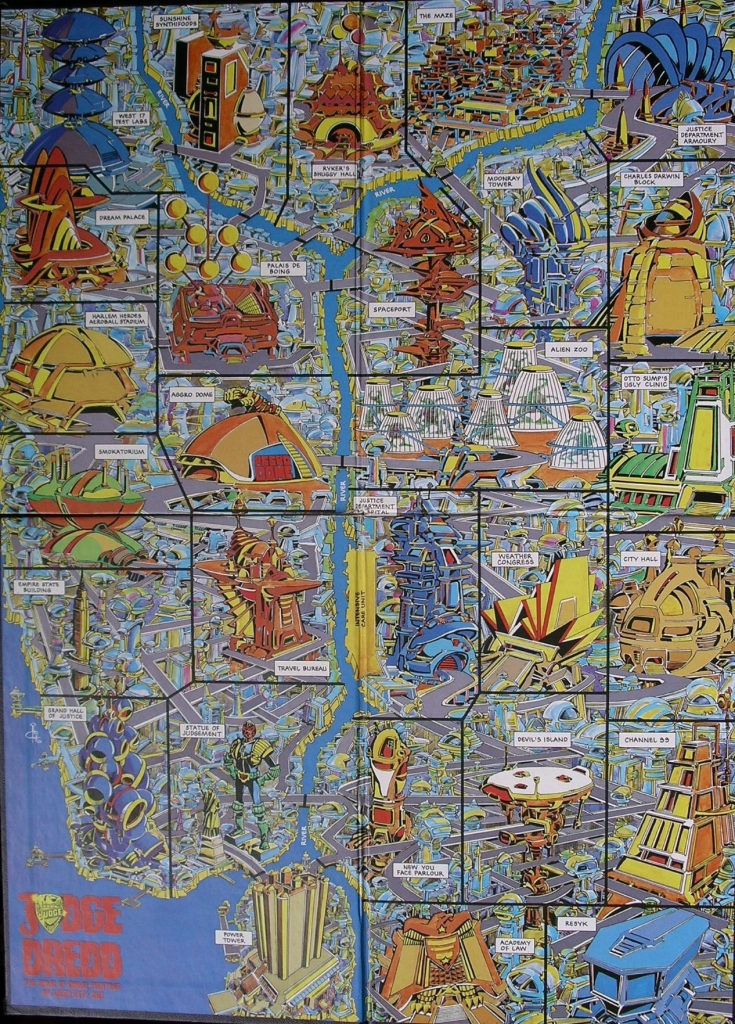
The art style on the board and cards is fantastic and super reminiscent of the comic style itself. This makes sense in that this game was produced 13 years prior to the Stallone film.
As you’d expect, each player plays as a Judge. The game completely captures the Judge’s iconic look: slightly heavyset in colored latex bodysuits with limited amounts of detail and a trusty derringer pistol at the ready.
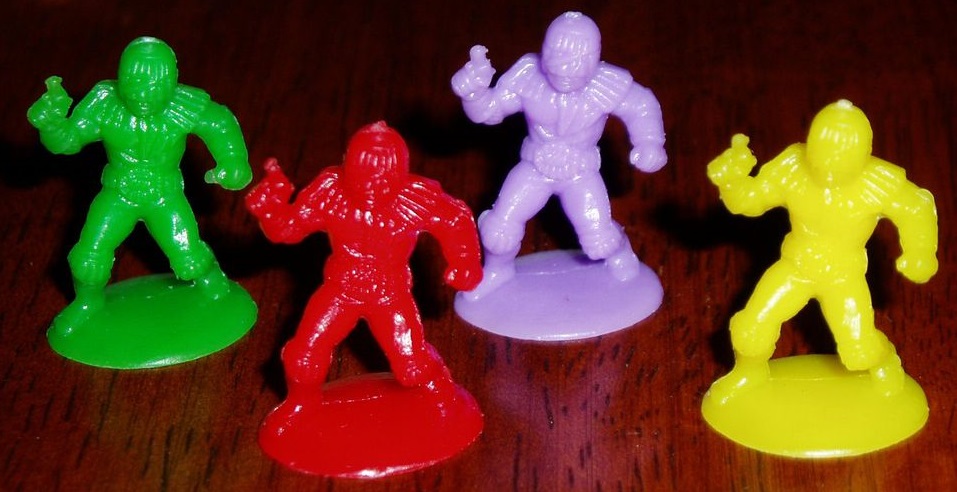
On each turn, players move around the board solving crimes. And by “solving”, I mean “murdering” and by “crimes”, I mean “basically everyone”. Players draw a Sector card to determine where the crime is taking place.
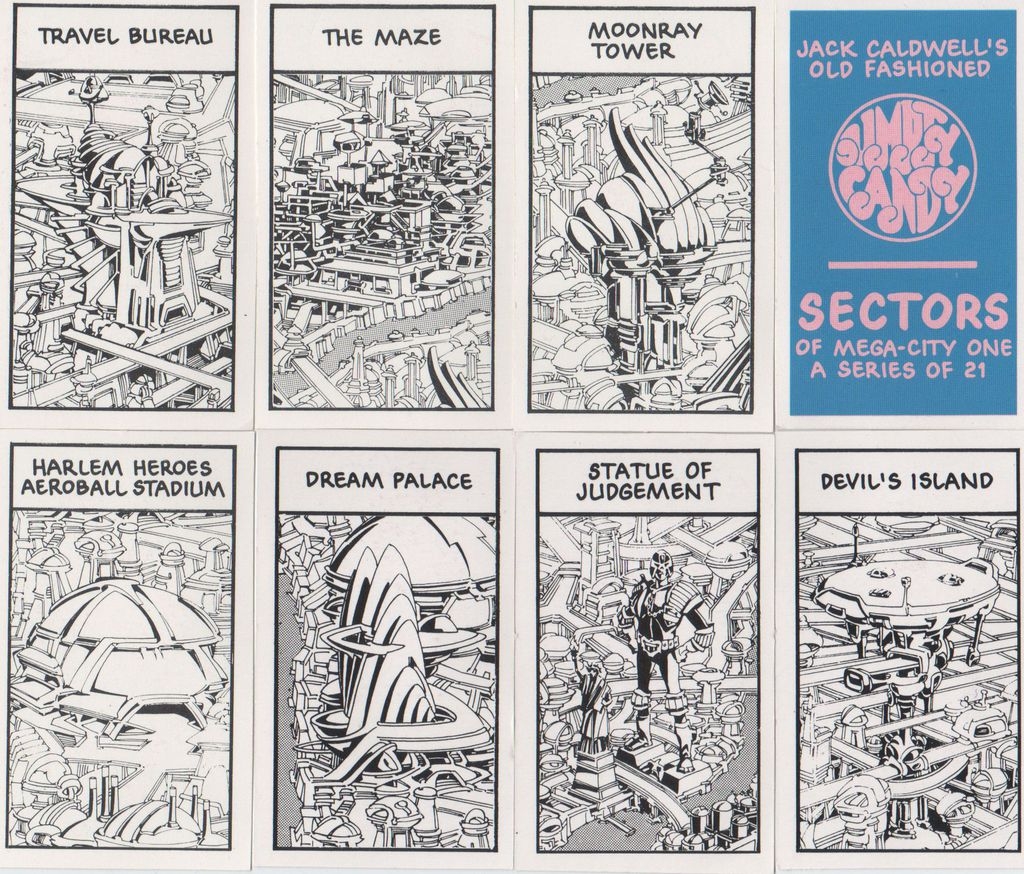
Then draw a Perp card facedown, to determine who is committing the crime.
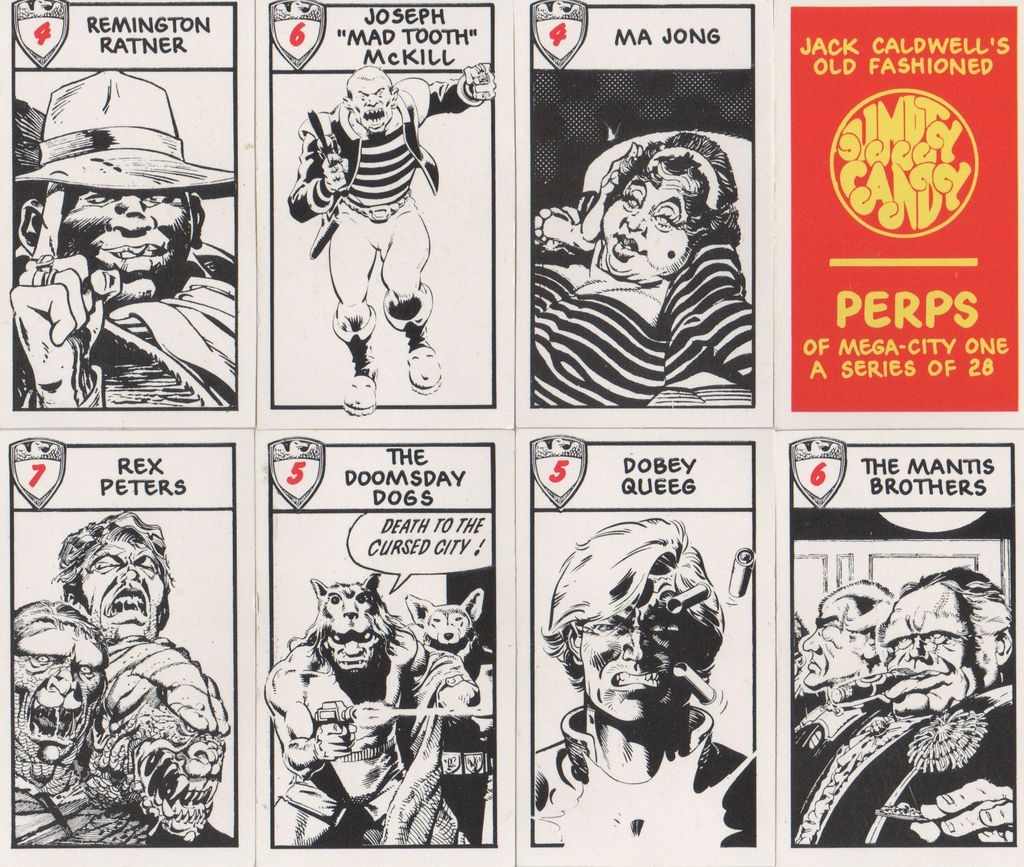
And then draw a Crime card face up, so everyone can help you figure out what the heck Stookie Glanding could possibly mean.
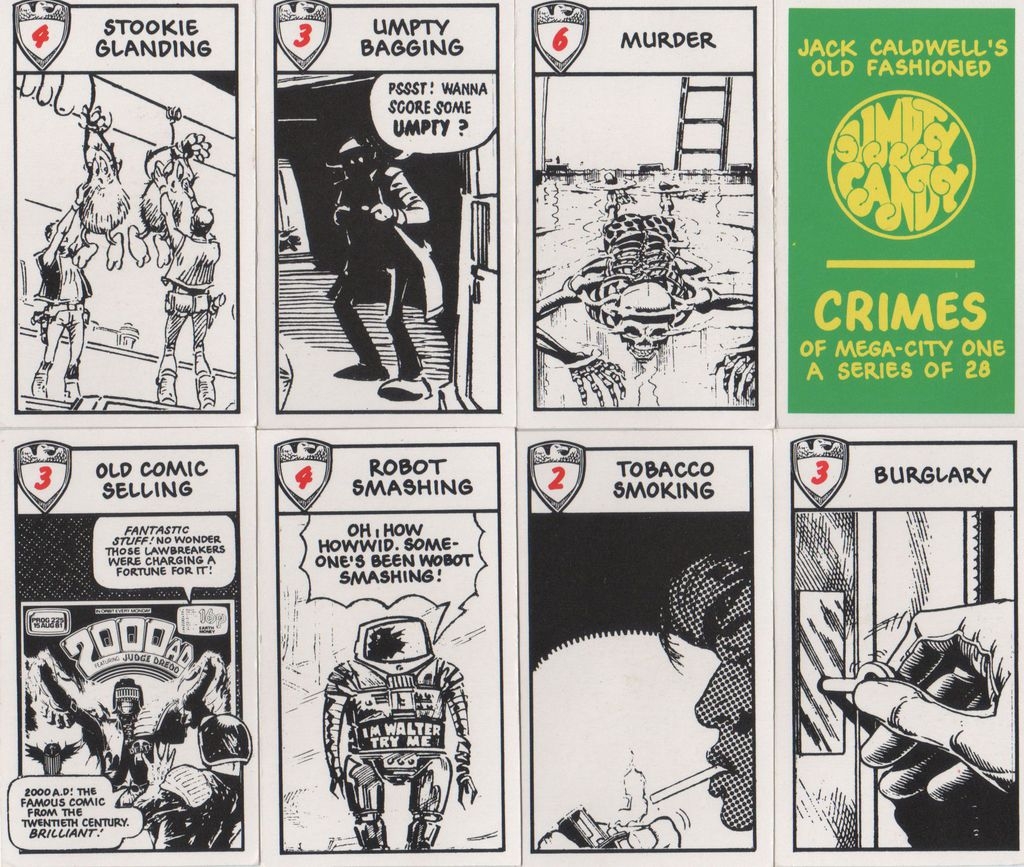
Combat in Mega-City One
In order to murder basically everyone, I mean, solve the crime, players add the combat scores of the Crime and the Perp together and roll a d6, adding them all together. Each Judge has their own base combat value and a d6 as well. Whoever scores higher, wins the battle.
However, players also have Action cards that can be used to aid in combat, as well as in other areas. Each card can be used in two different ways, which actually adds a nice amount of decision-making to using the cards.
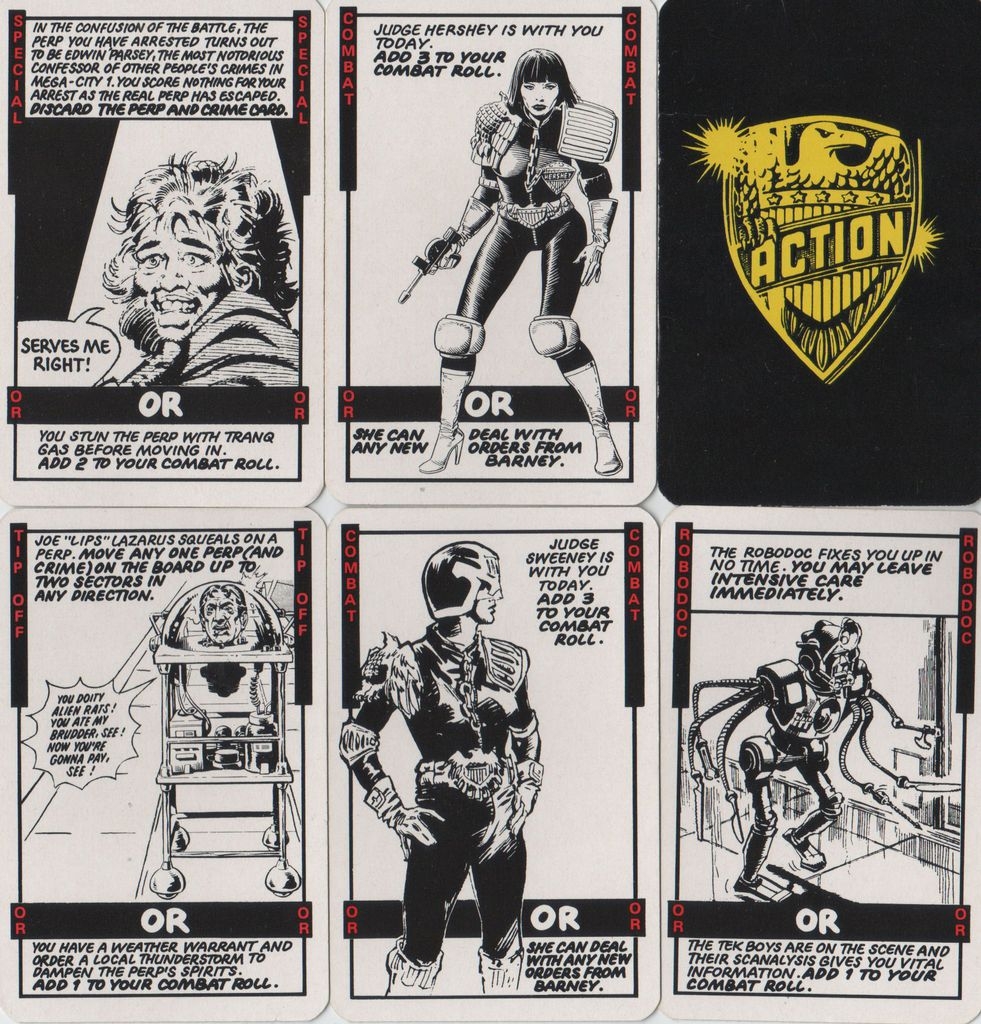
Plus, as I said before, the art on the cards is just so good. Plus, some cards can be used to screw over your opponents, which is always frustratingly fun.
Once all the crimes have been stopped, peace returns to Mega-City 1, and the Street Judge system is disbanded. Also, whichever Judge collected the highest total of points from their Perp and Crime cards wins the game.
Final Thoughts
Overall, Judge Dredd is a pretty decent game. Nothing mind-blowing, but for the ’80s, it’s pretty good. Let us not forget, this is the same year that Stuff Yur Face came out. So it could have been worse.
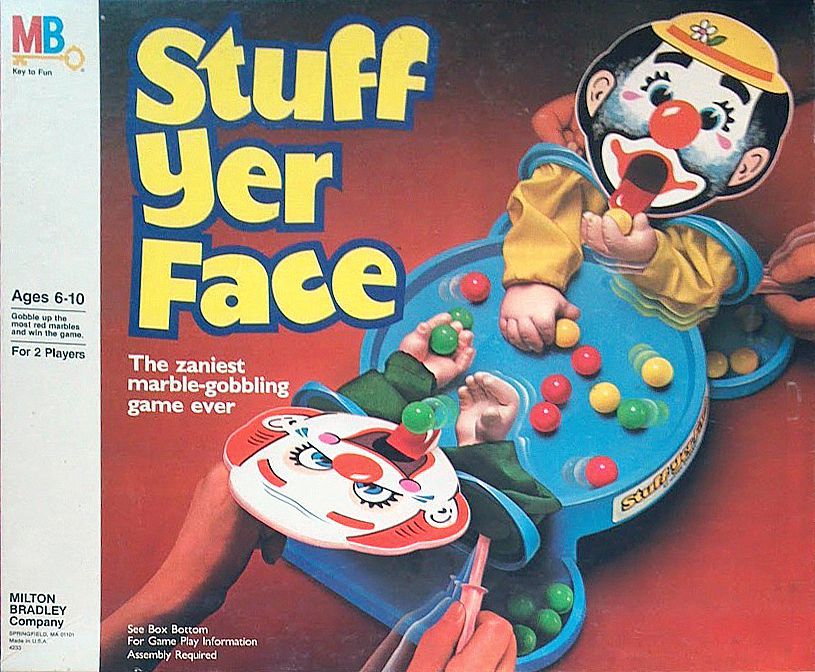
It’s the theme that’s going to make this a hit with fans. So, if you’re a fan of Judge Dredd, I’d recommend checking it out. Otherwise, probably not so much.





